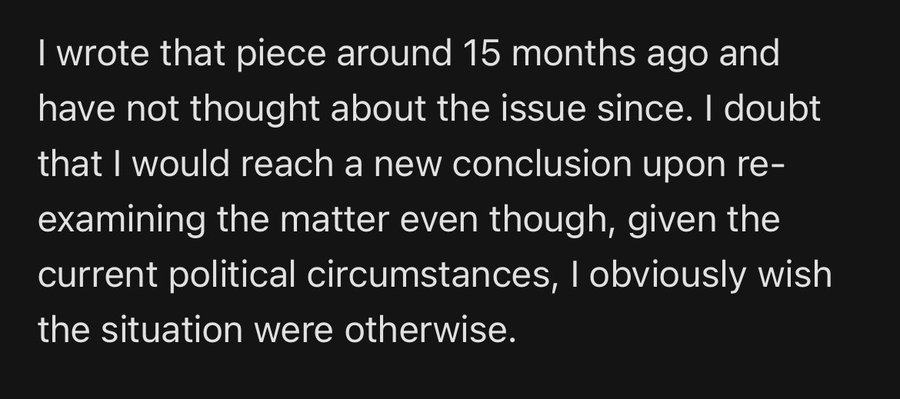Citizen Free Press 1/28/2022

Laurence Tribe Says Kamala Harris Can’t Break Tie For Biden SCOTUS Nominee
Laurence Tribe, a Harvard Law professor and legal ally of Joe Biden’s administration, has stated that vice presidents do not have the authority to make a tie-breaking vote for a Supreme Court nominee’s approval in the Senate.
“While the vice president has the power to cast a tiebreaking vote to pass a bill, the Constitution does not give him or her the power to break ties when it comes to the Senate’s “Advice and Consent” role in approving presidential appointments to the Supreme Court,” he wrote.
Asked about his past position on Wednesday, Tribe was regretful, but didn’t back down.
“I wrote that piece around 15 months ago and have not thought about the issue since,” he said in a statement to RealClearPolitics. “I doubt that I would reach a new conclusion upon re-examining the matter even though, given the current political circumstances, I obviously wish the situation were otherwise.”
Tribe is not alone in his analysis. Fellow Harvard Law professor Alan Dershowitz also argued against the vice president casting a deciding vote in September 2020, though he stopped short of saying it was unconstitutional.
More:
https://citizenfreepress.com/breaking/harvard-professor-kamala-harris-is-not-allowed-to-break-tie-for-scotus-nominee/